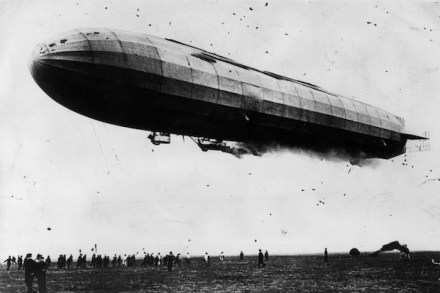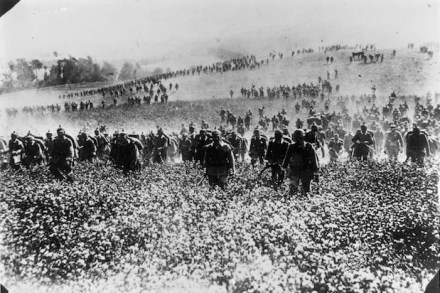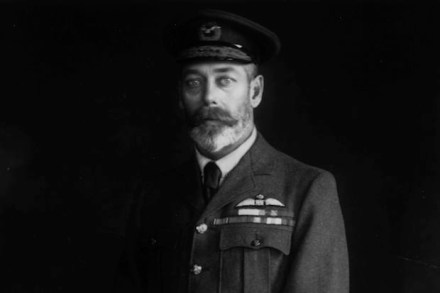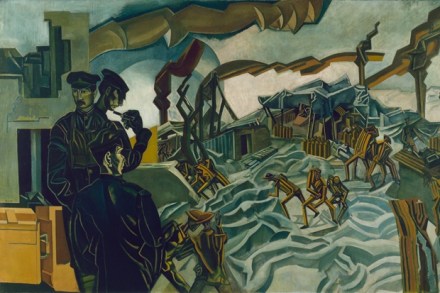The Spectator at war: Compulsory service
From The Spectator, 3 October 1914: We do not suggest that the voluntary principle should be abandoned during this war. The system is being worked for all it is worth ; it is answering well, thanks to the splendid spirit of the country ; and it would be absurd to change it mid-way for another system. But we cannot help reflecting that if we had had the scheme of National Service—of compulsory training for home defence, which is a different thing from conscription—recommended so earnestly and powerfully by Lord Roberts we should not now be in the throes of painfully improvising an Army….When the war is over there will be




















